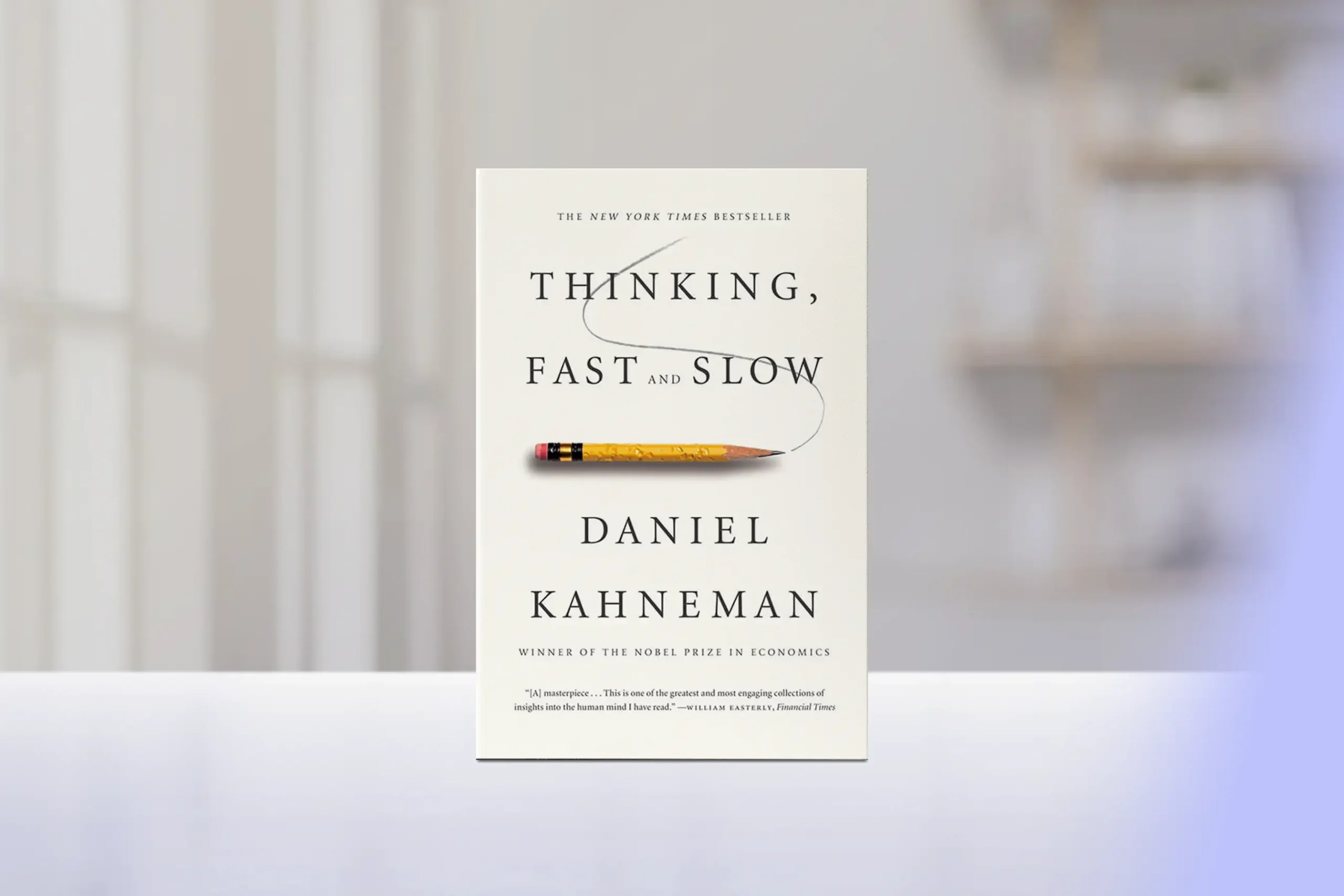Research shows that individuals who view failure as a learning opportunity are 76% more likely to succeed in future endeavors than those who see it as a negative endpoint. Studies from Stanford University reveal that companies with leaders who embrace “intelligent failure” show 34% higher innovation rates and 29% better employee retention. Most significantly, individuals who actively learn from setbacks demonstrate 42% faster skill acquisition and 58% greater resilience in facing future challenges.
This comprehensive guide will transform your relationship with failure, providing you with practical tools to turn setbacks into stepping stones for growth. Whether you’re navigating career challenges, personal projects, or life transitions, you’ll discover how to extract valuable lessons from every experience and use them to fuel your personal development.
Introduction
“Success is not final, failure is not fatal: it is the courage to continue that counts.” These words capture a fundamental truth about personal growth—our greatest lessons often come from our most challenging moments.
Modern neuroscience reveals that the brain actually strengthens its neural pathways more effectively when learning from mistakes than from successes. Research shows that analyzing failure activates regions associated with deep learning and long-term memory formation, making setbacks potentially more valuable than immediate successes.
In this article, you’ll discover:
- How to reframe failure as a growth catalyst
- Practical strategies for learning from setbacks
- Methods to build resilience through failure analysis
- Techniques for maintaining motivation during challenges
- A systematic approach to turning failures into future success
Understanding the Psychology of Failure
The way we interpret and respond to failure significantly impacts our growth potential. Research in cognitive psychology shows that our mindset toward failure can either accelerate or inhibit personal development.
The Failure Response Spectrum
- Fixed Response: Viewing failure as:
- Personal deficiency
- Permanent condition
- Proof of limitations
- Growth Response: Interpreting failure as:
- Temporary feedback
- Learning opportunity
- Data for improvement
The Science of Productive Failure
- Neural Adaptation: Research shows failure triggers stronger neural connections when properly processed, leading to:
- Enhanced problem-solving capabilities
- Improved pattern recognition
- Stronger emotional resilience
- Learning Acceleration: Studies indicate that analyzed failure can:
- Speed up skill acquisition by 40%
- Improve solution retention by 28%
- Increase innovation capacity by 35%
Key Takeaways: Understanding failure’s role in growth fundamentally changes how we approach challenges and setbacks. Research consistently shows that our response to failure, rather than the failure itself, determines its impact on our development. The key lies in developing a systematic approach to extracting lessons from every setback.
Explore “Mindset: The New Psychology of Success” by Carol Dweck and our article on “Building Resilience: Bouncing Back from Life’s Challenges” for deeper insights into productive failure.
Transforming Failure into Growth: Practical Strategies
Converting setbacks into stepping stones requires a systematic approach. Research shows that individuals who use structured methods to analyze failure are 3.2 times more likely to achieve breakthrough insights than those who rely on informal reflection alone.
The LEARN Framework
- Log: Document the experience objectively
- What specifically happened?
- What were the conditions and context?
- What were the immediate results?
- Evaluate: Analyze contributing factors
- Which decisions led to this outcome?
- What assumptions were made?
- What was within/outside your control?
- Analyze: Extract key insights
- What patterns can you identify?
- What skills were missing?
- What resources could have helped?
- Reframe: Transform insights into action
- How can you approach similar situations differently?
- What specific changes will you implement?
- What support systems do you need?
- Navigate: Plan your next steps
- Create specific action items
- Set timelines for implementation
- Establish success metrics
Practical Implementation Tools
- Failure Resume: Create a document tracking:
- Major setbacks and their contexts
- Lessons learned from each experience
- Skills or insights gained
- How these lessons were applied later
- After-Action Review: Conduct structured analysis using:
- What was intended to happen?
- What actually happened?
- What caused the differences?
- What can be learned?
- Growth Mapping: Visually track:
- Connection between setbacks and improvements
- Skills developed through challenges
- Progress patterns over time
Building Emotional Resilience
- Emotional Processing: Use the FACE method:
- Feel: Acknowledge emotions without judgment
- Accept: Embrace the experience as part of growth
- Clear: Release unproductive emotional responses
- Engage: Move forward with new understanding
- Recovery Practices:
- Implement daily resilience rituals
- Create support network protocols
- Develop personal mantras for challenging times
Key Takeaways: Transforming failure into growth requires both systematic analysis and emotional intelligence. By implementing structured approaches while maintaining emotional awareness, you can maximize the learning potential of every setback. The key is consistent application of these tools while building emotional resilience.
Deepen your understanding with “Grit: The Power of Passion and Perseverance” by Angela Duckworth and our article on “Emotional Intelligence: How to Improve Self-Awareness and Relationships”.
30-60-90 Day Action Plan
First 30 Days: Foundation Building
- Weeks 1-2: Mindset Transformation
- Begin Failure Resume documentation
- Implement daily reflection practice using LEARN framework
- Start emotional response tracking
- Create personal resilience statements
- Weeks 3-4: Analysis Development
- Practice After-Action Reviews for daily challenges
- Begin Growth Mapping exercises
- Establish support network connections
- Implement FACE method for emotional processing
Success Markers: Complete initial Failure Resume entries, establish daily reflection habit, document 5 After-Action Reviews, identify 3 key growth patterns.
Days 31-60: Skill Development
- Weeks 5-6: Advanced Analysis
- Deepen After-Action Review practice
- Create detailed growth maps
- Develop personal feedback protocols
- Start mentoring others in failure analysis
- Weeks 7-8: Pattern Recognition
- Identify recurring challenges and responses
- Develop preventive strategies
- Create situation-specific response plans
- Build advanced resilience practices
Success Markers: Identify 3 major growth patterns, develop 2 preventive strategies, create personal resilience toolkit, establish regular feedback loops.
Days 61-90: Integration and Mastery
- Weeks 9-10: Systems Integration
- Refine personal growth tracking system
- Develop advanced reflection practices
- Create long-term growth strategies
- Build failure-to-success frameworks
- Weeks 11-12: Mastery Development
- Design sustainable growth practices
- Create teaching tools for others
- Establish ongoing learning systems
- Develop future challenge strategies
Success Markers: Complete integrated growth system, document transformation stories, create personal teaching framework, establish sustainable practices.
Next Steps
Imagine approaching challenges with confidence, knowing that every setback contains the seeds of future success. Picture yourself moving through life with resilience, turning obstacles into opportunities, and using every experience—positive or negative—as fuel for growth.
Your relationship with failure isn’t just changing—it’s transforming into one of your most powerful tools for personal development. Each setback becomes a data point, each challenge a stepping stone, and each failure a foundation for future success.
Take Your First Step Today
- Choose one recent setback to analyze using the LEARN framework
- Write your first Failure Resume entry
- Create your personal resilience statement
Further Reading
To deepen your understanding of productive failure, explore these valuable resources:
- “Mindset: The New Psychology of Success” by Carol Dweck
- “The Power of Habit” by Charles Duhigg
- “Cultivating a Growth Mindset: Transforming Challenges into Opportunities”
Remember, the path to mastery isn’t a straight line—it’s a series of curves, setbacks, and breakthroughs. Each failure carries within it the potential for transformation, and with the right tools and mindset, you can harness this potential to fuel extraordinary growth. Start today, and watch as your relationship with failure evolves from fear to familiarity, from resistance to resilience.





